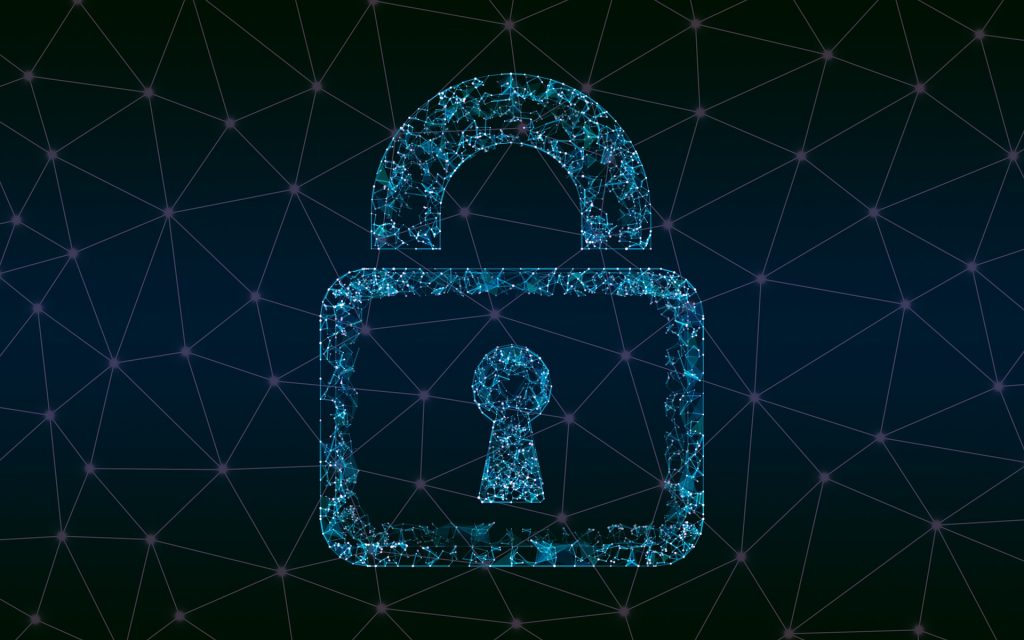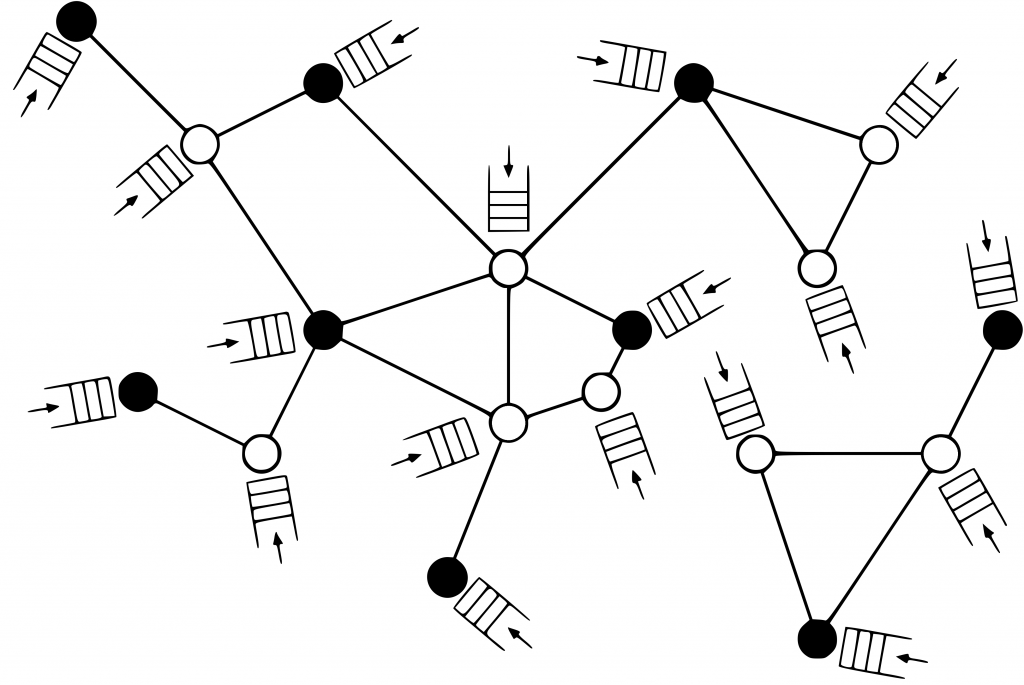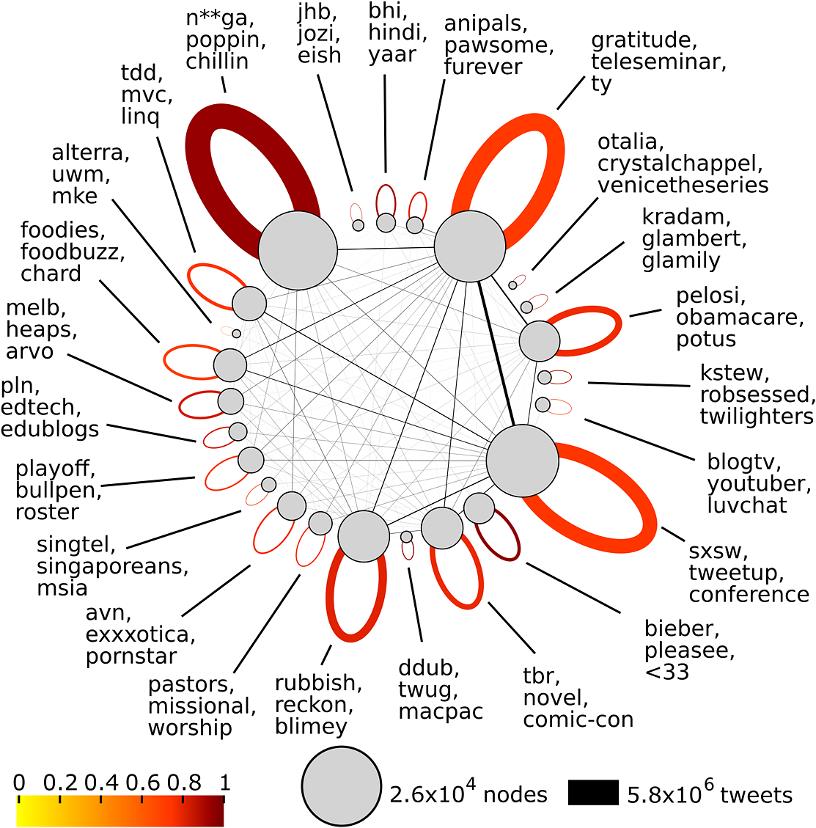Delegated and Distributed Quantum Computation

During the last decades, many resources have been invested in quantum computing. This research field has grown immensely and amazing results have been obtained. The plans for the future are highly ambitious, but at the same time, there are serious questions that need to be addressed.
Security on the Quantum Internet

With ever-growing possibilities and interconnectivity on the internet, we rely more and more on it being secure. However, our classical internet is not provably secure, could a quantum internet solve our problems?
Light work(s): Optical Networks – communication fabric of our society

On Friday 24th of September Professor Ton Koonen received a royal distinction “Ridder in the Orde van de Nederlandse Leeuw” during the symposium “Optical Networks – communication fabric of our society”, preceding his valedictory lecture “Light work(s)”.
Royal distinction for Professor Ton Koonen

On Firday 24th of September Professor Ton Koonen received a royal distinction during the symposium Optical Networks preceding his valedictory lecture.
How does wireless communication work?

We might not be fully aware of it, but we all use wireless communication everyday in many familiar situations, such as when we connect our laptop to the local Wi-Fi network, when we use navigation apps to orientate ourselves while driving, or when we send a message to a friend using our smartphones. It has become so natural for the world we live in, that we often take it for granted and have no idea of how it works.
"A digital app can help reconstruct the virus transmission contact network"

Directly or indirectly networks played a crucial role during the Corona health crisis. During this online event the speakers shed light on the relevance of networks in combating the epidemic, each one from a different point of view, namely from that of the exact sciences, medicine, communication and social sciences respectively.
The quest for a better Internet

The internet is growing quickly. How can it remain as fast as it is now? We’ll find the answer in the supermarket!
The quantum Internet - A glimpse into the future

QuTech at the Delft University of Technology and TNO, in collaboration with the European Quantum Internet Alliance, are leading the efforts to establish a quantum Internet and aims at having a proof of concept version, between the cities of Amsterdam, Leiden, Delft and the Hague.
"Look it up on the Internet!" - How Web Search Works

In this article we will have a look at how search engines work. What happens when you type the query in the famous, almost magical, Google's white page? And what does it have to do with networks?
Word usages reflect network community structure on Twitter

Networks can be found everywhere, and are also present in social media platforms such as Twitter. Generally, groups exist that send a lot of tweets to each other and far fewer tweets to users outside their group. In this article, the research on word usages in Twitter social groups, also called communities, will be discussed in more detail.
